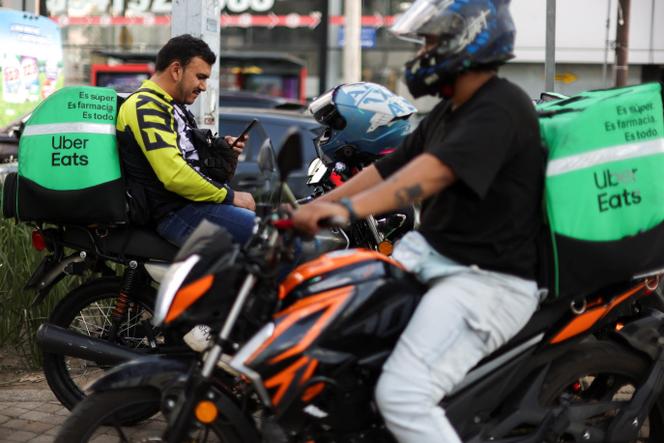


Mexico has become one of the first countries to introduce a dedicated category in its labor law for drivers and delivery workers using platforms such as Uber, Didi or Rappi. Since July 1, a reform has enabled these workers to receive the same social benefits as salaried employees: medical care, paid leave, compensation in the event of an accident, a pension, an end-of-the-year bonus and profit-sharing. The law, which had been under negotiation since 2021, largely preserves the flexibility that is characteristic of the sector. Workers remain free to set their own schedules.
On June 25, President Claudia Sheinbaum once again emphasized the importance of the measure: "These companies consider their employees as partners, but the law recognizes them as workers. We want them to have the same benefits as salaried employees; Moreover, this is a risky job because they are always out on the street."
A six-month pilot program has started before the law is set to take effect permanently in January 2026. In early July, without any required minimum income, more than 1,000,000 workers registered with the Mexican Social Security Institute (IMSS), a number that exceeded official forecasts (650,000 workers) and confirmed the importance of the sector. "The majority of these individuals earn most of their income from the platforms. This is not just a supplementary activity," the IMSS wrote in a statement. More specifically, 74% of drivers and delivery workers depend on apps as their main source of income, and 80% work for only one app.
You have 58.32% of this article left to read. The rest is for subscribers only.
